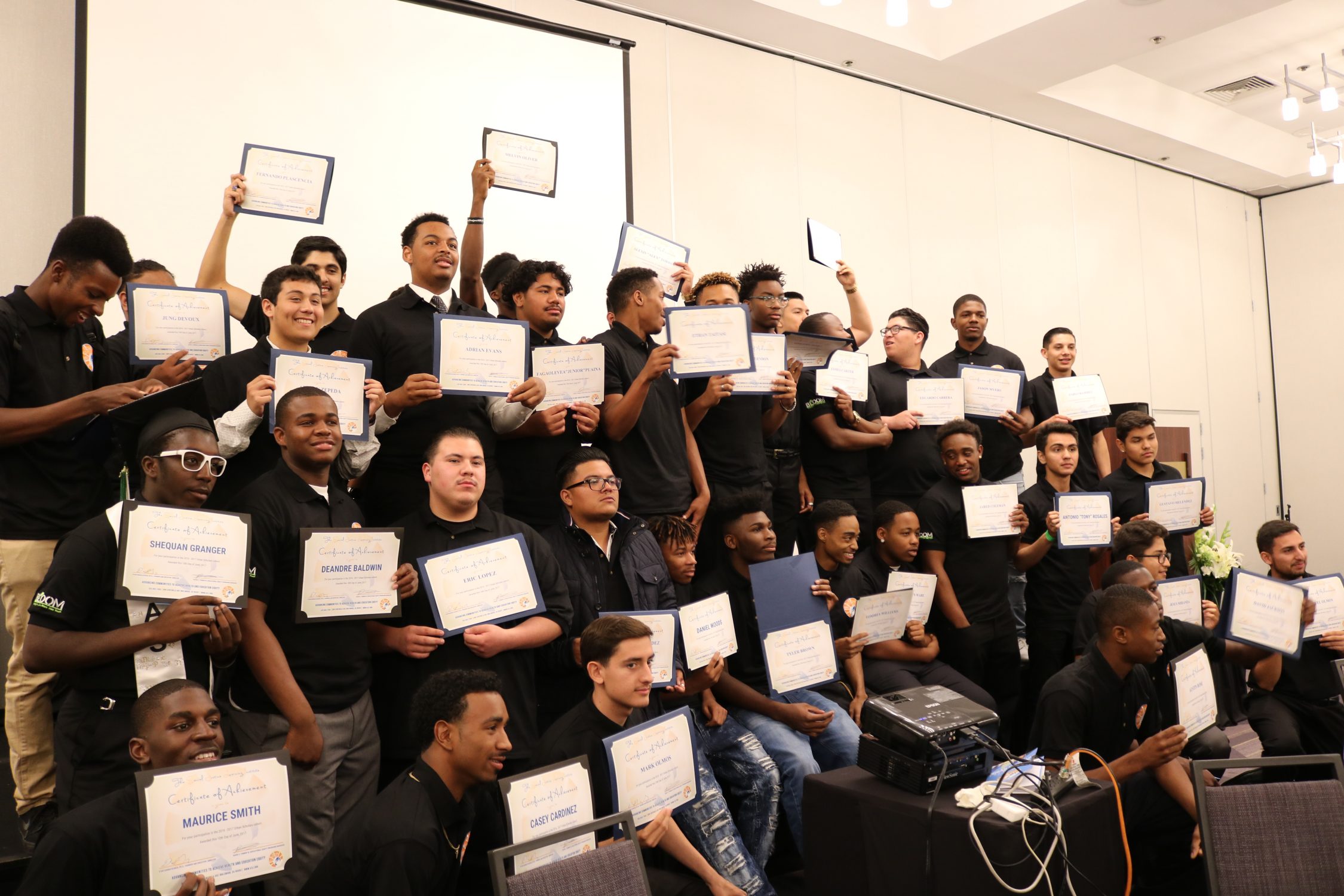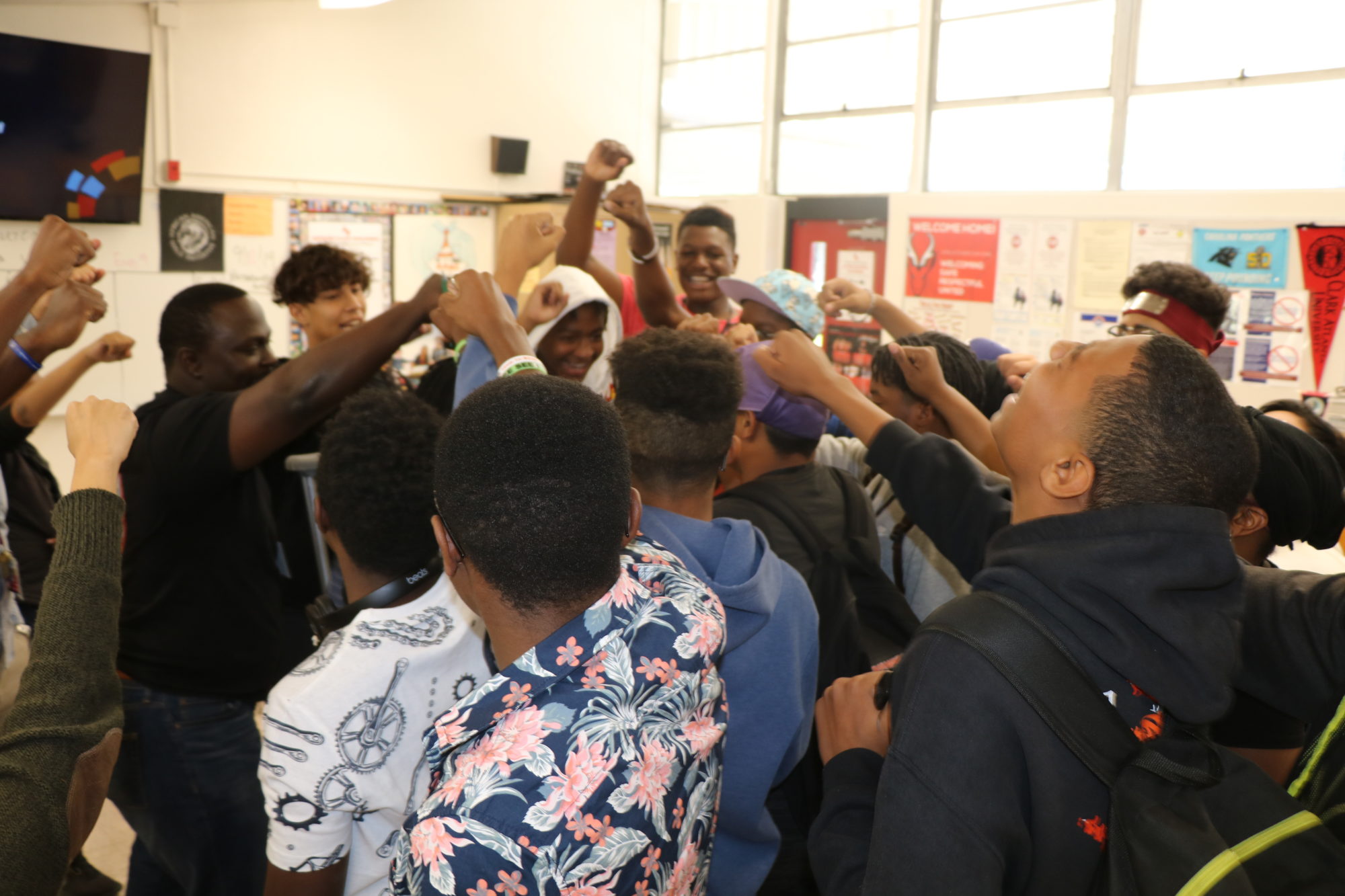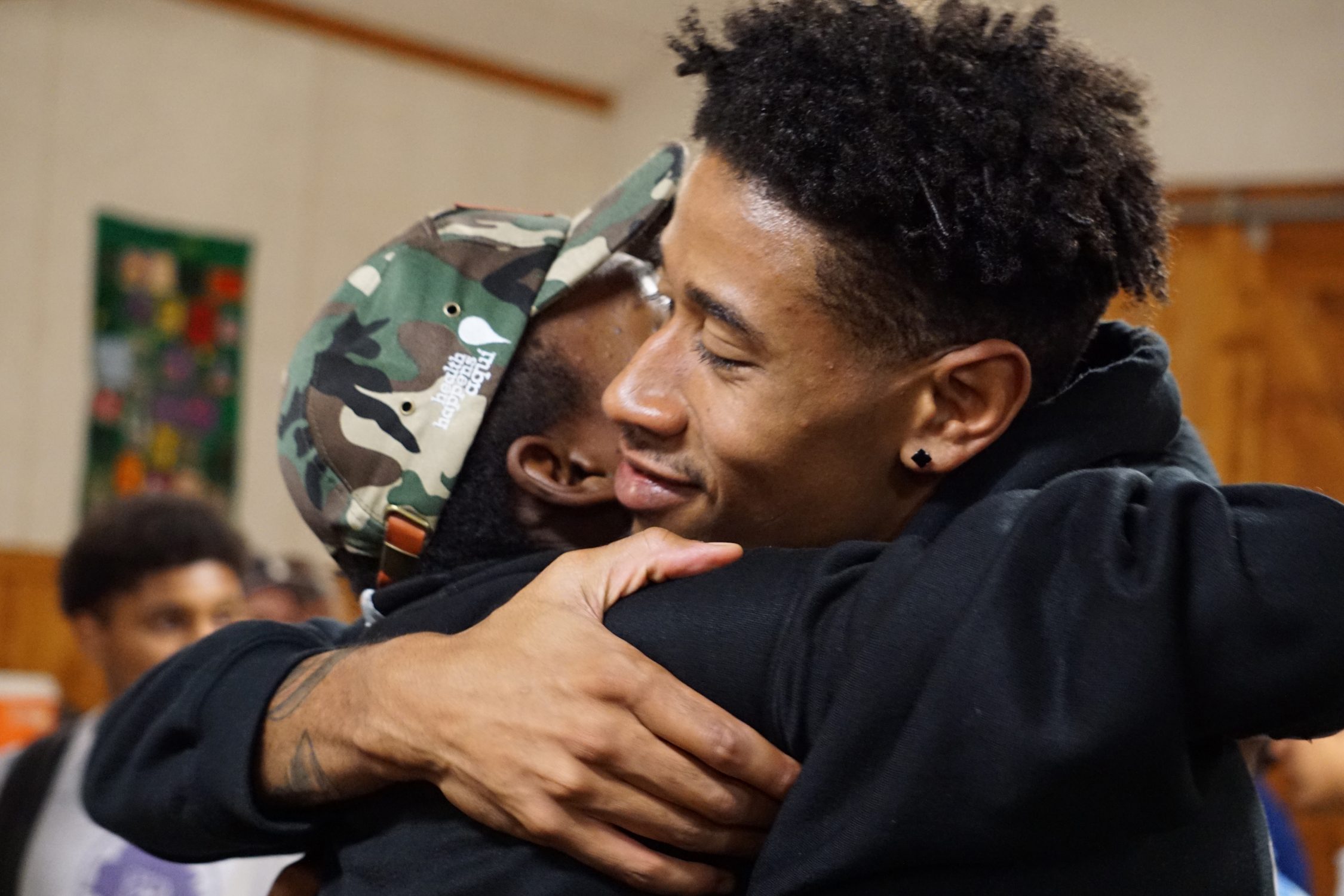How the Social Justice Learning Institute is championing underprivileged youth in their own communities and providing them with the education and tools necessary to create change.
By Madison Greer

Disparities in Communities of Color
In neighborhoods like Inglewood, California and across the United States, the color line still separates young people from access to resources, education, and opportunity. According to a 2019 Stanford study, a 10 percentage point increase in the black-white discipline gap in public schools predicts a 17 percentage point increase in the black-white achievement gap. This is a critical statistic for youth of color; concentrated disadvantage and low access to a quality education paired with zero-tolerance policies in school have fueled the school-to-prison pipeline and increased racial disparities. There is a mismatch between Eurocentric classroom curriculums and black and brown students who feel disconnected from the material, and some educators are ill-equipped to address the cultural gaps that occur. Furthermore, researchers Seth Gershenson and Adam Wright found that non-black teachers have lower educational expectations for black students and evaluate their behavior differently. Educational disparity is among one of the many contributors to the ongoing struggles taking place within these communities and organizations like the Social Justice Learning Institute are working to find the center of the issue and eliminate it entirely.
Social Justice Learning Institute’s Approach
The Social Justice Learning Institute began in 2008 when co-founders Dr. D’Artagnan Scorza and Omai Garner decided to return to their community and build a program for young black men to help reduce incarceration, recidivism, and imprisonment. What started as a small program at Scorza’s high school alma mater in Inglewood is now a national organization designed to mobilize communities and eliminate inequities. SJLI strives to improve the overall education, health, and well-being in communities of color by building capacities and changing systems.
Social Justice Learning Institute’s Strategies
Education as a Tool: SJLI’s work is based on a Theory of Social Action: the belief that education can be a tool for civic and social empowerment and as such, a way to challenge concentrated disadvantage. Through training in advocacy and organizing within local school systems, Urban Scholars Program participants transform schools into places of opportunity that recognize the histories and conditions of people of color.
Improving Infrastructure & Access: SJLI has hosted nearly 2,000 students in its Urban Scholars program, increased access to nutritious food through garden projects in the LA Area, and made great strides in ending the school-to-prison pipeline with both advocacy and fundraising.
Collaboration: SJLI works with multiple school districts; The California Community Foundation; Brothers, Sons, Selves Coalition; LA County Department of Public Health; the City of Houston; and many others to work beyond existing frameworks while accomplishing their mission.

Challenges Faced
Financial Support: Initially, Dr. Scorza was eager to bring his experiences and knowledge to his community, but lacked the necessary financial tools. Though SJLI now has over 30 staff members and a substantial annual budget, Dr. Scorza emphasizes the need for significant investment in order to gain the capacity and resources necessary to grow an organization.
Lack of awareness and empathy: SJLI was created to uplift communities of color, but it was not easy tapping into other communities to gain support. There was a lack of concern for black males being incarcerated and students facing issues such as gang violence, poor infrastructure, police brutality, and lack of economic opportunity. Through organization and advocacy on campuses, SJLI is working to change perceptions and show people the importance of addressing these issues for young men of color.
Social Justice Learning Institute’s Best Practices
Mobilizing Communities: SJLI and its team are in the business of building up communities and helping them mobilize within their own communities in order to change the conditions that lead to inequities. Through its programs and Theory of Social Action, SJLI is cultivating a critical political consciousness in its communities to solve issues and change systems.
Participatory Action Research: SJLI uses participatory action research at its school sites to allow students to explore topics relevant to them. Students explore these issues, conduct research, and compose literature reviews and problem statements to analyze the problem. They take their knowledge to committees of stakeholders to put forward their own ideas and solutions to address challenges.
Preparing for the Future: Dr. Scorza and SJLI recognize that problems are inevitable and as the world changes, people will go through conditions and challenges will come up. They work to prepare people to utilize their agency, resources, and skills to address issues as they arise.

Vision for the Future
Social Justice Learning Institute is committed to equipping people of color, those who have been marginalized and oppressed, with the tools to solve challenges and escape toxic conditions. SJLI is doing their part to facilitate change, but ultimately, the Institute envisions a future where there is more investment in the needs of black and brown students and dedicated funding for their communities.
D’Artagnan Scorza, Ph.D. is the Executive Director and Founder of the Social Justice Learning Institute.
To learn more about the Social Justice Learning Institute please visit: https://sjli.org/

